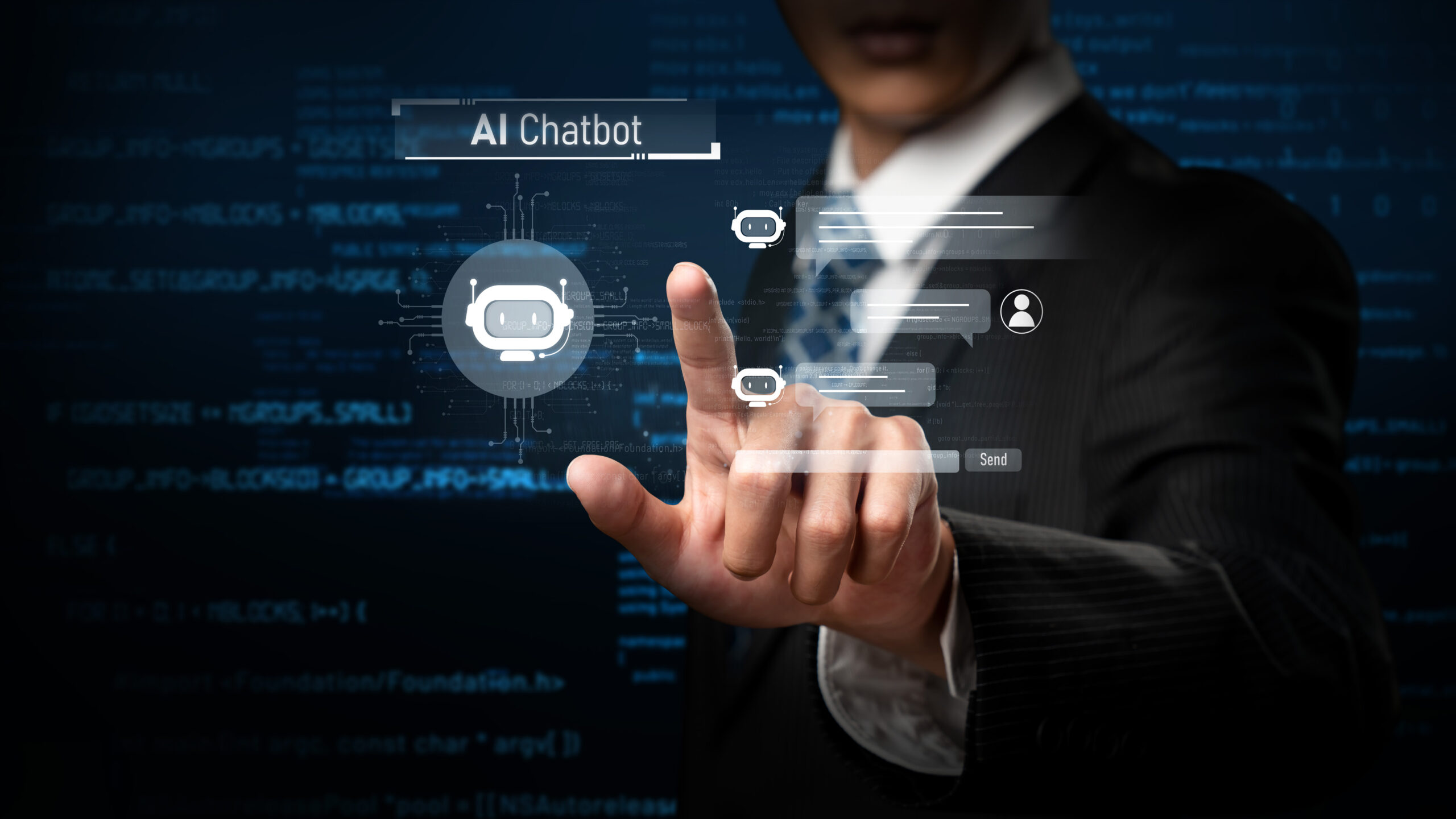- AI is revolutionizing IT support by automating issue detection and resolution, minimizing downtime, and shifting from reactive fixes to proactive strategies.
- AI-driven diagnostics and virtual assistants accelerate problem-solving, allowing IT teams to focus on complex challenges while routine issues are handled automatically.
- AI enhances IT security by detecting threats in real time and provides scalable solutions for growing businesses, allowing for seamless support across different operational demands.
The field of IT support has undergone a remarkable shift with the rise of artificial intelligence. What was once a process reliant on human intervention at every step is now being streamlined through automation, predictive analytics, and intelligent troubleshooting. The influence of AI is reshaping how businesses approach problem resolution, reducing downtime, and creating a smooth user experience.
A New Approach to IT Support
Traditional remote IT support often requires extensive manual intervention. Technicians had to assess issues, perform diagnostics, and apply fixes based on their expertise. While effective, this approach had its limitations. Response times could vary, human errors were inevitable, and repetitive tasks consumed valuable resources. AI is changing this dynamic by automating problem detection and resolution, minimizing the need for direct human involvement.
By integrating AI into IT support systems, businesses are experiencing a more proactive approach to problem-solving. Issues that once took hours to diagnose can now be identified and addressed in minutes. AI-powered tools analyze data, recognize patterns, and predict potential failures before they disrupt operations. This shift has transformed IT support from a reactive service to a forward-thinking strategy that prevents problems from escalating.
Faster Issue Resolution
One of the most noticeable benefits of AI in remote IT support is the speed at which problems are resolved. AI-driven chatbots and virtual assistants provide immediate responses to common IT inquiries, guiding users through troubleshooting steps without waiting for human intervention. This allows IT teams to focus on more complex tasks while routine issues are handled automatically.
Additionally, AI-powered diagnostic tools can scan entire networks in real time, detecting anomalies that may indicate potential failures. This level of monitoring allows IT support teams to step in before a small issue turns into a major disruption. Machine learning algorithms continuously improve, making AI systems more adept at recognizing and resolving issues efficiently.
Reducing Downtime and Interruptions
Every moment of downtime affects productivity and revenue. AI minimizes these disruptions by automating solutions for frequent IT problems. Self-healing systems can detect software glitches, restart processes, and even apply patches without user intervention. By resolving issues before they are noticed, AI reduces interruptions that slow down workflows.
For remote workers, AI-driven support makes sure that technical problems do not become roadblocks. Automated troubleshooting and predictive maintenance keep systems running smoothly, allowing employees to remain productive without waiting for IT teams to respond. This is particularly valuable for businesses with global operations, where IT support must function across different time zones.
Intelligent Ticketing Systems
Managing IT support requests efficiently is a challenge, especially for larger organizations handling multiple incidents daily. AI-driven ticketing systems classify and prioritize issues based on urgency, impact, and historical data. This prevents bottlenecks in support queues and allows high-priority problems to receive immediate attention.
Through natural language processing (NLP), AI systems analyze user-reported issues and determine the best course of action. Whether rerouting a ticket to the right specialist or providing automated responses, AI improves the overall efficiency of IT support workflows. As these systems learn from past interactions, they become better at predicting user needs and offering relevant solutions.
Enhancing Cybersecurity in IT Support
Cyberthreats are constantly evolving, and AI is playing a significant role in strengthening IT security. Remote IT support teams rely on AI-powered threat detection to identify suspicious activity and respond before attacks cause damage. Machine learning models analyze network behavior, flagging anomalies that may indicate a potential breach.
AI also assists in mitigating phishing attacks by scanning emails, attachments, and URLs in real-time. If a potential threat is detected, automated systems can alert users and IT teams immediately. By integrating AI into security protocols, businesses reduce the risks associated with cyberattacks while maintaining uninterrupted IT support.
Personalized IT Support Experiences
AI is making IT support more intuitive by adapting to individual user needs. AI-powered virtual assistants can remember previous interactions, tailoring their responses based on past support requests. This creates a personalized experience where users receive solutions that are relevant to their specific issues.
Adaptive learning capabilities also help AI systems refine their troubleshooting methods over time. AI-driven support can offer increasingly accurate guidance by analyzing user behavior and technical challenges, reducing frustration and improving user satisfaction.
Scaling IT Support for Growing Businesses
As businesses expand, their IT support needs become more complex. AI provides a scalable solution by automating routine support tasks and efficiently managing growing workloads. Whether handling an increase in support tickets or providing real-time network monitoring, AI-driven systems can adjust to changing demands without compromising service quality.
For startups and small businesses, AI-powered remote IT support offers cost-effective solutions. By reducing reliance on large in-house IT teams, companies can allocate resources more strategically while still maintaining high levels of support availability.
Predictive Maintenance and System Optimization
The ability of AI to analyze historical data allows IT teams to move beyond reactive problem-solving. Predictive maintenance uses machine learning to identify patterns that signal potential failures. By detecting early warning signs, IT teams can address hardware or software issues before they disrupt operations.
System optimization is another advantage. AI-driven analytics assess resource usage, network performance, and system efficiency, making recommendations for adjustments that improve overall functionality. This proactive approach reduces unnecessary downtime and allows for IT infrastructure to operate at peak performance.
The Human-AI Partnership
Despite AI’s advancements, human expertise remains irreplaceable in IT support. AI enhances efficiency by handling repetitive tasks, but complex problem-solving requires critical thinking and creativity. The most effective IT support strategies combine AI-driven automation with human oversight, providing a balanced approach to issue resolution.
IT professionals can leverage AI-generated insights to make informed decisions, focusing their expertise on high-level problem-solving. This collaboration improves response times and enhances the overall quality of IT support services. By working together, AI and human technicians create a more resilient IT support system that meets the increasing needs of businesses.
To improve your IT support with AI-driven efficiency, connect with our team at CMIT Solutions of Northern Shenandoah Valley today. We’ll help you implement smarter solutions that minimize downtime and enhance security. Contact us to see how AI can transform your business!





